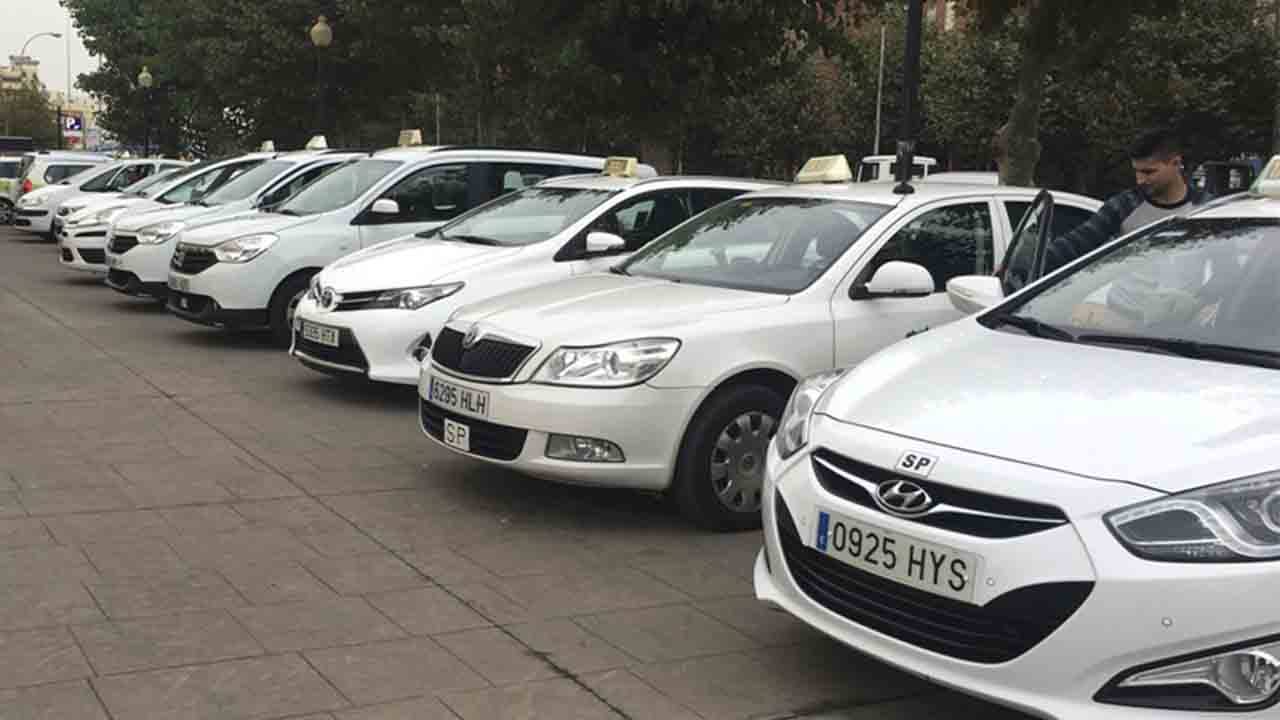Poland and Hungary have done what has been hanging in the air for a long time: they have blocked the agreement on the new European budget. This happened at the beginning of the week at the level of Member States’ ambassadors in Brussels. A video conference of the Union’s bosses will take place on Thursday and the matter will move from the diplomatic-official floor to the political one. But many observers are skeptical that a breakthrough could occur.
What exactly it is about: EU countries are currently negotiating individual pieces of legislation for the new seven-year budget, which will come into force from next year. It has over a trillion euros and, in addition to the current budget, the package includes a special fund to help with the effects of the pandemic, the 750 billion euros in subsidies and loans for which the EU wants to borrow money on the capital markets. In total, it is 1.8 trillion euros, of which about 27 billion euros for the Czechia, in terms of about a trillion crowns.
The necessary unanimous agreement on so-called own resources should open the legal way for the Union to borrow money on the markets. However, she was blocked by the Hungarian and Polish ambassadors on Monday because the norm includes a condition of compliance with the rule of law and the possibility of stopping subsidies for the country if principles such as police and judicial independence are ignored or deliberately destroyed. Poland and Hungary see the tying up of new subsidies by the rule of law as an attack by Brussels on its sovereignty – Polish Justice Minister Zbigniew Ziobro said it was an attempt at “institutional slavery”.
They are opposed by those who finance the budget to a large extent and who required the same condition for opening a new subsidy tap. Dutch Prime Minister Mark Rutte said on Tuesday in the Dutch parliament that the possibility of stopping subsidies for those who are building a local oligarchy from the state is “the lowest minimum” for him to allow him to send Dutch taxes to the east of the Union.
Read also: EU Commissioner Jour’s report confirms that Hungary is a “sick democracy”
The result of the Polish and Hungarian moves is the retention of money for countries that urgently need it. After the first wave of the pandemic, it was Italy, Spain, Portugal, France. The Czech Republic can also add the second wave to the list of those most in need – to whom the allies of Visegrad are blocking aid.
There are several paths from the heel. The most frequently mentioned is when the approval of the budget part would be separated and the debate continued. In the worst-case scenario, the EU would operate on a provisional budget next year – if the Hungarians and Poles said “no” even in the final vote of the leaders. The pandemic package would then be established outside the EU as an intergovernmental agreement of twenty-five states, without the participation of Poland and Hungary.
This technical-legislative creativity is not foreign to the Union, on the contrary. It was also used when former President Vaclav Klaus said in the autumn of 2009 that he would not sign the Lisbon Treaty because of an alleged fear that the descendants of Sudeten Germans would start claiming their property in the EU under the Charter of Fundamental Rights of the EU Czech border. The treaty had already been ratified by everyone else, only Klaus’s signature was missing, and the text could not be interfered with. The Brussels apparatus therefore came up with a special amendment, a protocol stating that the treaty cannot break the legal reality of the past – and it then joined Lisbon when it updated on the acceding Croats.
But most European leaders do not want to take a substitute path. In particular, net payers to the budget care about the rule of law and refuse to discount it due to the precedent for the future. Thus begins the traditional negotiation of what and for how much, in which Poland and Hungary pursue their domestic political interests.
In the case of Poland, it seems to be a struggle within the government between the PiS and a smaller radical party led by the quoted Minister Ziobro – and the result is the extreme position of the Polish Prime Minister. Hungarian Prime Minister Viktor Orbán, on the other hand, is clearly playing for his personal interests and his money. Hungarian investigative journalists have mapped in detail how Orbán’s father and brother-in-law’s European funds feed and how the police investigation turned out to be a suspicion that gained advantages over other grant applicants.
Orbán will not want Brussels to see more of his fingers, because the candidate for a fund freeze due to the systematic weakening of the police and judiciary is “his” Hungary. He, father and brother-in-law need money at the same time. Therefore, Orbán will try to weaken the condition with the rule of law or to postpone it over time.
It has been several times since the Visegrad Four has shown poor service to the Czech Republic. The Polish and Hungarian approach is not in the interests of this state and its citizens, on the contrary. At the same time, Prime Minister Andrej Babiš has repeatedly described Viktor Orbán as his friend, and Visegrád pampers himself as an important platform. Now he has a unique opportunity to prove the functionality and usefulness of Visegrad.
For example, by calling “his friend” before the video conference of the leaders and trying to be a mediator between Budapest and Brussels, for the Hungarian veto to fall, thus opening the way for the Czechia. It is not known whether he did it or will do it. Babiš’s secretary for European affairs, Milena Hrdinková, answered the question of Respect regarding a possible intervention at Orbán only that “the search for a compromise is the role of the presidency”.
–


